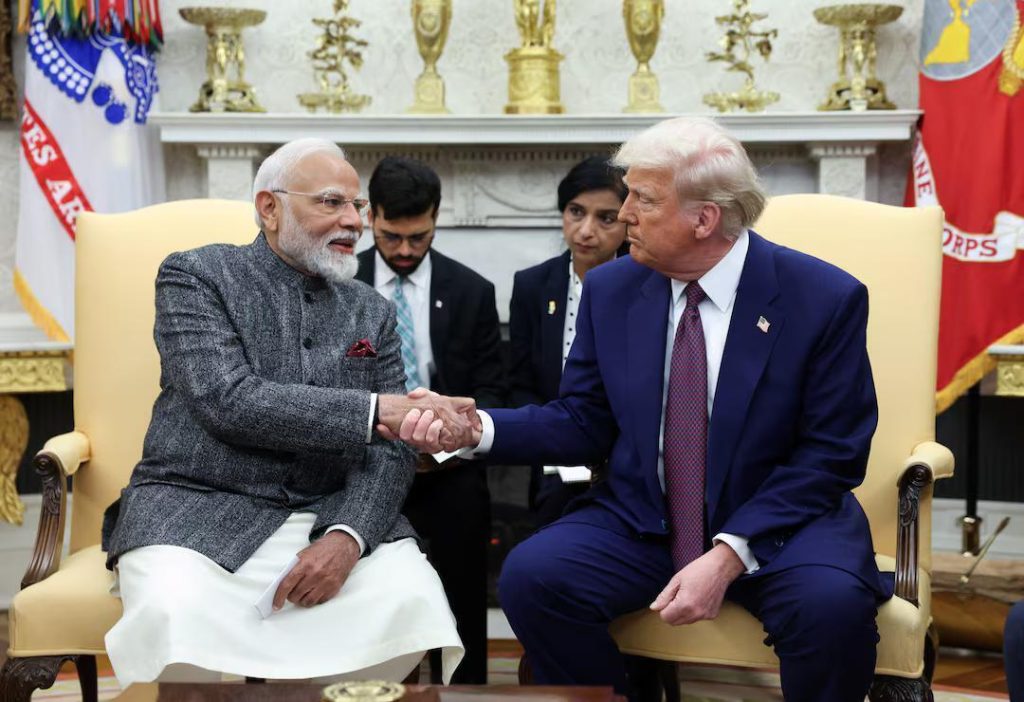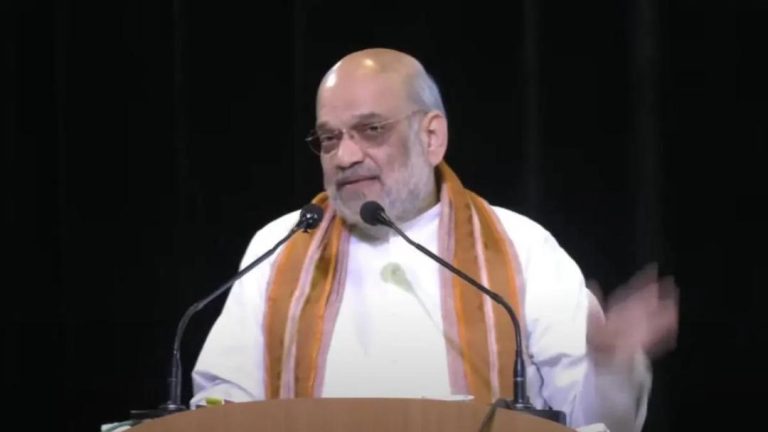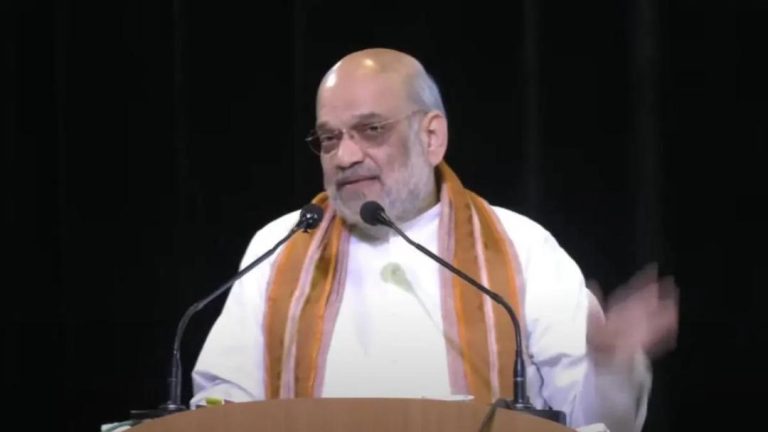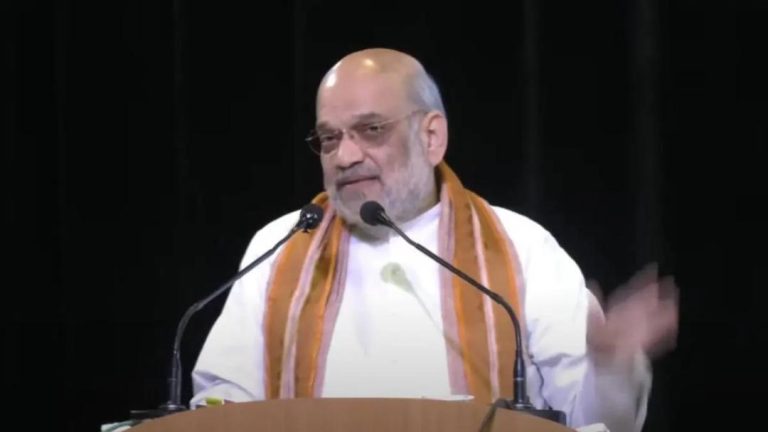
Title: PM Modi & Trump have good chemistry, nationalists respect each other: Jaishankar
The relationship between Indian Prime Minister Narendra Modi and United States President Donald Trump has been the subject of much speculation and analysis. While some have questioned the nature of their association, External Affairs Minister S Jaishankar has shed light on the dynamics between the two leaders. In a recent statement, Jaishankar revealed that the interactions between Modi and Trump went “very well” due to their shared nationalist ideology. He claimed that nationalists “kind of respect each other” and that the chemistry between the two leaders was palpable.
Jaishankar’s comments come as a surprise to many, given Trump’s reputation for having a tumultuous relationship with several world leaders. However, the External Affairs Minister emphasized that Trump’s history with other leaders is not comparable to his interactions with Modi. According to Jaishankar, the Prime Minister’s unique ability to connect with the US President is rooted in their shared nationalist ideology.
The notion that nationalism plays a significant role in the Modi-Trump relationship is not new. Both leaders have been known for their unwavering commitment to their respective countries’ interests. Modi’s Bharatiya Janata Party (BJP) has traditionally been associated with Hindu nationalism, while Trump’s brand of politics is often characterized as populist and nationalist.
Jaishankar’s comments have sparked a heated debate among political analysts and pundits. Some have argued that the External Affairs Minister’s statement is a testament to the growing camaraderie between India and the United States. Others have raised concerns about the implications of a nationalist agenda on international relations.
It is essential to examine the broader context of the Modi-Trump relationship to understand the significance of Jaishankar’s statement. The two leaders have met on several occasions, and their interactions have been marked by a distinct lack of tension. In fact, their meetings have often been characterized by a sense of warmth and camaraderie.
One of the most notable aspects of the Modi-Trump relationship is their shared emphasis on economic cooperation. Both leaders have prioritized trade and investment as key areas of cooperation between their countries. The US-India Strategic and Commercial Dialogue, established in 2005, has seen significant progress under the Modi and Trump administrations. The dialogue has focused on issues such as defense cooperation, energy security, and innovation.
The Modi-Trump relationship has also been marked by a shared commitment to countering terrorism. Both leaders have emphasized the need for a united global effort to combat the menace of terrorism. In 2019, the US and India co-sponsored a UN Security Council resolution aimed at combating terrorism. The resolution emphasized the importance of preventing the spread of terrorist ideologies and disrupting terrorist financing networks.
Jaishankar’s comments on the Modi-Trump relationship are significant because they offer a rare glimpse into the dynamics between the two leaders. His statement suggests that the chemistry between Modi and Trump is rooted in their shared nationalist ideology. This is a departure from the typical narrative, which often portrays Trump as a divisive figure who struggles to connect with other world leaders.
In conclusion, Jaishankar’s statement on the Modi-Trump relationship is a significant development in the ongoing narrative surrounding the two leaders. His comments highlight the importance of nationalism in shaping their interactions and suggest that the chemistry between the two leaders is genuine. While some may be concerned about the implications of a nationalist agenda on international relations, it is essential to recognize the potential benefits of cooperation between nations that share similar values and priorities.
News Source:






